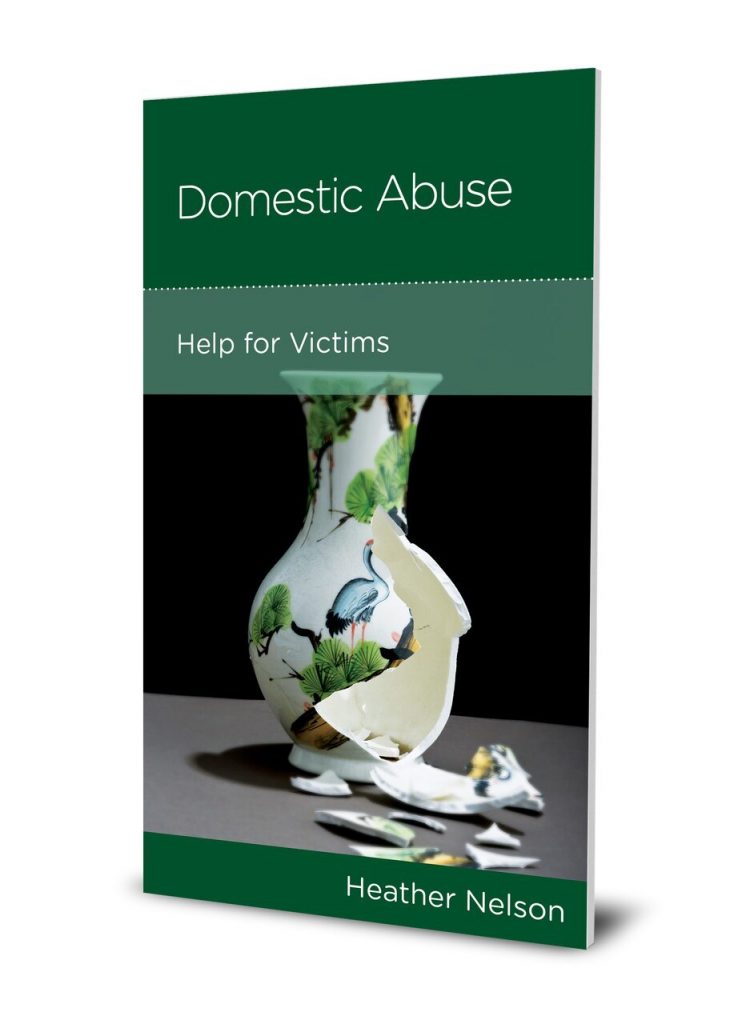Since quarantine and stay-at-home orders began in response to the COVID-19 pandemic, incidents of domestic abuse have been increasing. Suzanne Jacob, chief executive of British charity SafeLives, told the Thomas Reuters Foundation, “It’s a perfect storm. Lockdowns will lead to a surge in domestic abuse, but also severely limit the ability of services to help.” Caroline Bettinger-Lopez and Alexandra Bro in their article, “A Double Pandemic: Domestic Violence in the Age of Covid-19,” made these observations: “Many victims find themselves isolated in violent homes, without access to resources or friend and family networks. Abusers could experience heightened financial pressures and stress, increase their consumption of alcohol or drugs, and purchase or hoard guns as an emergency measure.” This sets the stage for a potentially combustible rise in domestic abuse.
Given the rise of domestic abuse, it is likely that you know someone who is caught in this terrible struggle. It could even be that you yourself find yourself in the throes of a cycle that seems to be growing worse. You wish you knew how to help—or how to get help, but you may not be sure where to start. Here are a few tips toward increased awareness and action. First we’ll start with how to help others, and then we will address what to do if you yourself are suffering from domestic abuse.
How to Help Others
1. Be aware of the problem.
Know the warning signs—unusual bruising or other injuries not easily explained, excessive fear shown towards a spouse or parent, a sense of cowering or “walking on eggshells.” Pay attention to your intuition, and if something seems “off,” pray that more evidence would be revealed to you and keep your eyes open. In my minibook, Domestic Violence: Help for Victims,I talk about the cyclical nature of abuse. Reading this resource will help you to identify this cycle and intervene as a helper.
2. Be ready to help.
You can ask someone who seems like a victim if they need help. Begin with tangible help, like offering to do grocery shopping for them. If you ask them for a written list of what they need, this could give them the opportunity to write a note of help to you, or for you to write something to them when you deliver the groceries. Try to be present in a regular manner so that the victim will know you are dependable, and so that the potential abuser will know that someone is paying attention. Isolation is the breeding ground for domestic abuse, just like any other unchecked sin. You have an opportunity to shine the light into the darkness of their home simply by your prayerful presence. Be ready to bring the victim to a safe place with experts and authorities trained in how to rescue someone from domestic abuse. Don’t go it alone. Research and know what local resources are available.
3. Pray for deliverance.
Domestic violence belongs to the kingdom of darkness and wreaks havoc on the marriage relationship which is meant to be the very image of Christ’s relationship with his people, the church. God deeply cares about marriage, and he hates the twisted distortion that domestic abuse brings to it. God cares about the victim and the abuser, and rescue is what is needed for them both. Pray boldly and specifically, knowing that God is deeply concerned and that he sees what is going on more clearly than you can. Pray for wisdom and for light to be shown into the darkness.
How to Reach Out for Help
What if you are reading this and you are the victim? How can you take steps to break free from domestic abuse? Please seek help as soon as you can. If you aren’t sure where to turn, call local police or the domestic violence hotline at 1-800-799-7233. Realize that you are living in a combustible situation outside of your control, and that with the increasing pressures that quarantine and this pandemic are exerting, your abusive partner may become even more violent than in the past. Pressure always exposes what is underneath the surface—what dwells in our hearts and what patterns of behavior we cycle back to. A spouse who has been violent in the past will be more likely to become abusive in the future, especially amidst the stress of the pandemic situation. Yet it is possible to break free of this cycle of domestic abuse, and for there to be real and lasting change for both you and your spouse. As you understand what is going on and seek help and intervention, transformation is possible and rescue becomes a reality.
1. Name what’s happening as abuse.
This is often the hardest step, because once it is named it is in the open, and something will need to be done about it. It can be extremely difficult to admit that you have been abused and that you are living in fear of the one who should be protecting you from harm. Familiarize yourself with characteristics of abuse by finding resources to educate you and let you know you are not alone. The National Domestic Violence Hotline has a page of resources, and Leslie Vernick, a Christian counselor who has done a lot of work in this area, has a collection of blog posts and articles on domestic violence on her website.
2. Ask God for help and look for helpers.
You cannot break out of a cycle of domestic violence on your own. You will need helpers to fight with you and to help you to see clearly. God cares deeply about you, and he grieves with you about what you are suffering. The Bible says that God counts your tears and keeps them in a bottle (Psalm 56:8). He is this detailed in his personal care for you. He also knows that you cannot break free by yourself. You need a community to sustain you and protect you. Be looking for a safe person you can confide in—and go from there to include other necessary resources. A counselor, a physician, legal counsel, and local police may all be needed for support and rescue.
3. Hope that healing is possible.
Our God is a God who heals the brokenhearted. He himself is a Savior familiar with suffering and unjust treatment. Remember the cross, when he was taunted and abused. Yet the cross is not the end of the story—the empty tomb speaks of God’s resurrection power and ability to bring life from death. This power is at work in you if you are a follower of Jesus Christ. It is power enough to heal your scars and rescue you, bringing life after a death-like situation. Healing is often slow, but it is certain. Picture this healing, and take courage for the next step.
Although domestic abuse is not an easy topic to address, it is crucial—even more so during a time like this—to be aware so that we can help others and seek help for ourselves if necessary. Look for ways to intervene, seek people to help you, and inform yourself of the resources available so that we can help to bring the healing light of God’s love into this twisted, dark sphere of domestic violence.






